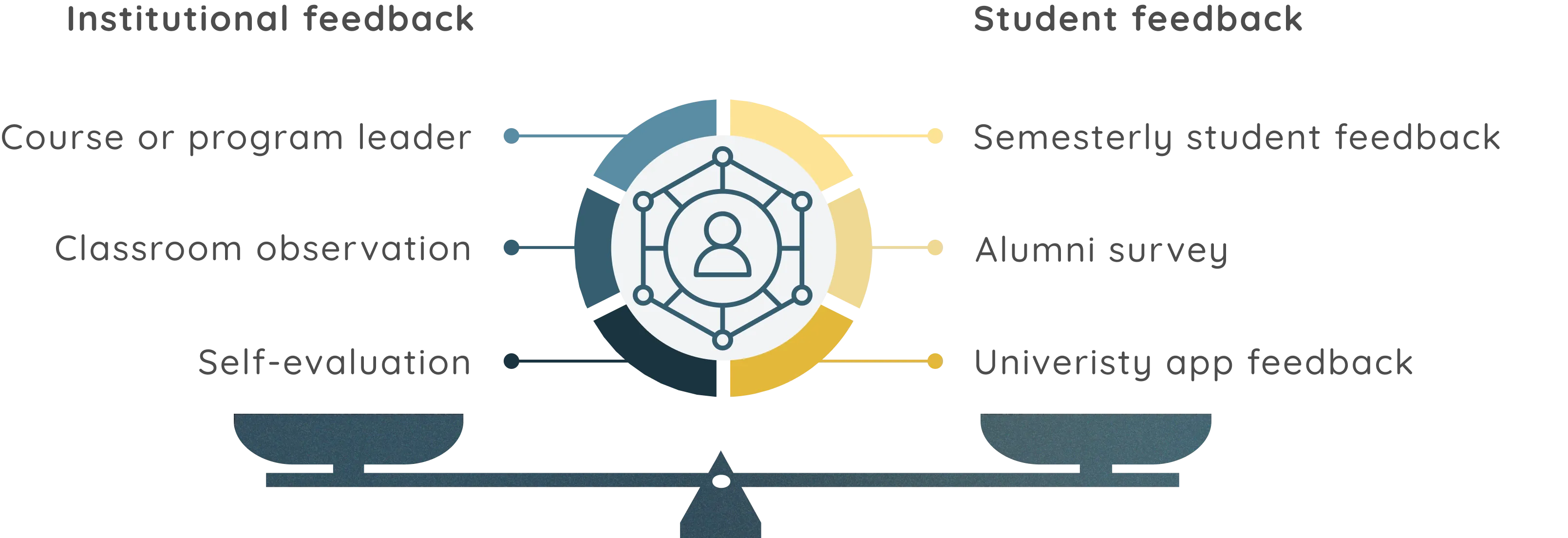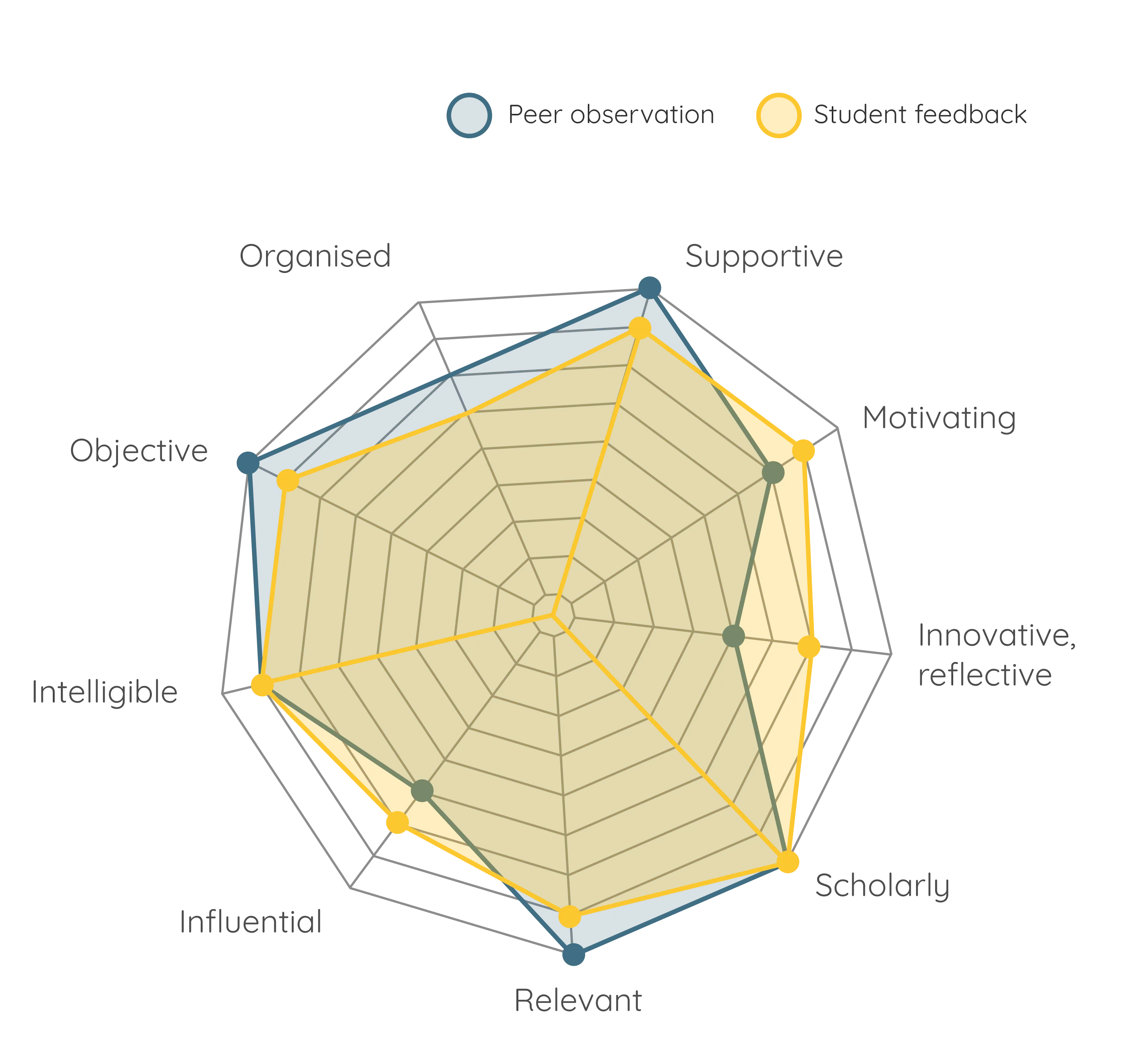Context
The university aimed to enhance the quality of teaching as part of its strategic goals for 2030. A critical pillar of this strategy was to foster a culture of feedback, transparency, and academic excellence. To achieve this, the university sought to implement a comprehensive framework that would define teaching quality, support lecturer development, and ensure transparency in performance assessments.
This project was implemented jointly with a digital transformation consulting firm, who were responsible for the digital development, while we led the concept development and education science research, as well as the bulk of the change management.
Challenge
The university needed a structured, data-driven evaluation system that balanced various sources of feedback, from student responses to peer evaluations, while remaining adaptable across diverse disciplines and teaching methods. Previous attempts at teaching assessments were led by individual departments, thus they were inconsistent and lacked a unified approach This resulted in fragmented feedback and limited strategic alignment with the university’s broader goals.
Objectives
- Establish an overarching, digital framework to define and assess teaching excellence.
- Create a balanced evaluation system that includes peer observation, student feedback, and self-reflection.
- Foster a culture of continuous improvement and professional development among lecturers.
- Enhance the university’s ability to allocate resources efficiently based on data-driven insights.
- The implementation also required navigating differing attitudes toward education in the teaching community and ensuring lecturer involvement in shaping the framework.

The Solution
- Developed the Teaching Excellence Framework, a unified, merit-based digital solution to assess and enhance teaching quality.
- Implemented a comprehensive evaluation process involving multiple data sources, such as peer and methodological observations, student feedback and self-evaluation questionnaires.
- Conducted two pilot programs involving 150 lecturers to validate the framework and digital tools, with continuous adjustments based on feedback and pilot results.

The Impact
Within six months of implementation, the university achieved notable results:
- Over 250 class observations conducted during the pilot program.
- 73 lecturers trained for peer observations, building an internal support network for ongoing professional development.
- Improved accountability and optimised teaching organization, with data-driven resource allocation support and an enhanced student experience.
- Created a fairer evaluation of teaching for the annual performance reviews and opened new professional development opportunities for lecturers.
By introducing a robust, adaptable framework, the university successfully aligned teaching quality assessment with its strategic goals. The Teaching Excellence Framework not only fosters a supportive environment for lecturers’ professional growth but also contributes to the university’s long-term vision of academic excellence and leadership in the region.

